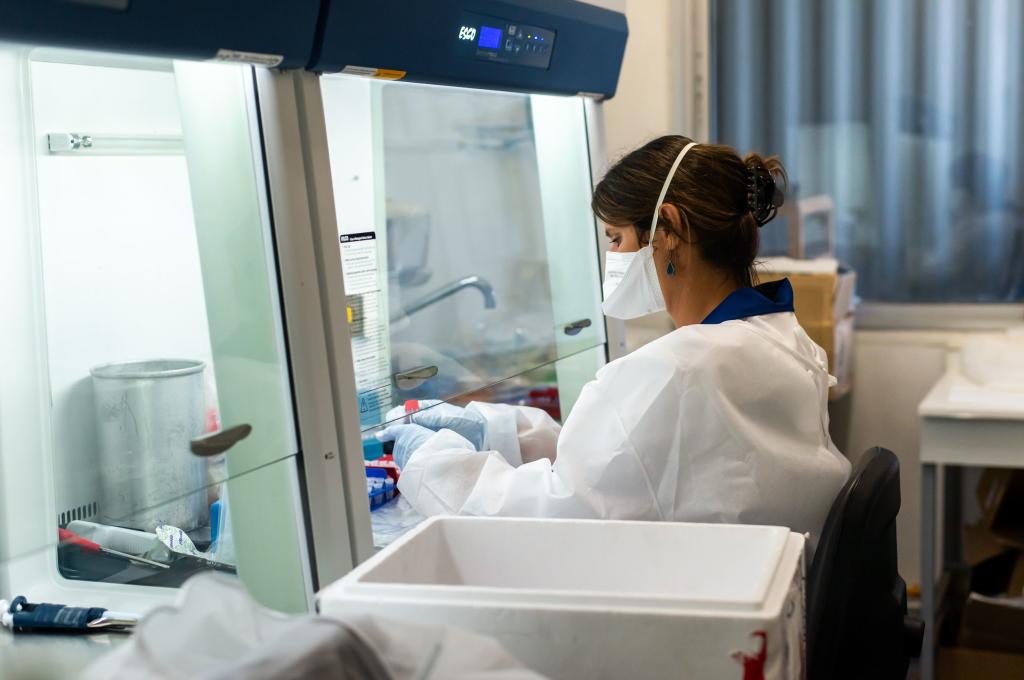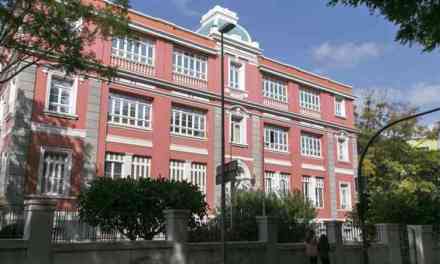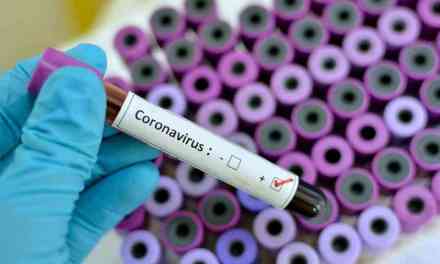 Soriano is director of the Medical Centre at the International University of La Rioja (UNIR), and was referring to results published last week by a team of scientists in Switzerland working with the Spanish consortium SeqCovid-Spain, headed by the CSIC, which concludes that this new variant has spread across Europe over recent months, from Spain, primarily via agricultural workers, as well as tourists who visited in the month or two following the end of the State of Emergency and the relaxation of travel restrictions. Soriano believes the findings are of “virological” interest, but should not be any cause of alarm to the general public.
Soriano is director of the Medical Centre at the International University of La Rioja (UNIR), and was referring to results published last week by a team of scientists in Switzerland working with the Spanish consortium SeqCovid-Spain, headed by the CSIC, which concludes that this new variant has spread across Europe over recent months, from Spain, primarily via agricultural workers, as well as tourists who visited in the month or two following the end of the State of Emergency and the relaxation of travel restrictions. Soriano believes the findings are of “virological” interest, but should not be any cause of alarm to the general public.
He has stated that this new strain of coronavirus is “an interesting finding from a scientific point of view and reflects that SARS-CoV-2 is adapting to humans, after jumping from another species, which was its reservoir, probably bats.”
The results published by the team will help scientists”to trace the origin, over time, of variants of the virus, which have spread from China, and then to Europe and then to the United States”, explained Soriano, who has worked for 25 years at the Carlos III Hospital in Madrid, where he has led research in infectious diseases.
He believes that, “looking at genome sequences from more than 15,000 European patients, there is evidence that, at one point, probably between April and May in Spain, a new strain was generated, with a protein S (spike) mutation in amino acid 614, from the envelope of SARS-CoV-2”.
During the summer and from Spain, he continued, “this strain has spread throughout Europe and, now, it is the one that circulates predominantly in the second wave of covid-19”.
This is what is called the “founder effect” and reflects that it is transmitted with some advantage over the strains that had circulated in the first wave, he says.
For him, from a public health point of view, “the important thing is that this mutation does not have significance in terms of causing greater virulence or severity of the disease, nor does it compromise the efficacy of the vaccines that are being tested”, but rather above all, it is a finding of scientific interest.
 The research has also indicates that “the new SARS-CoV-2 coronavirus, although it is an RNA virus, like HIV or hepatitis C, mutates little, since it has a unique enzyme that corrects errors during viral replication.” This observation regarding the new strain of coronavirus, he indicated, “allows us hope that we can produce a vaccine.”
The research has also indicates that “the new SARS-CoV-2 coronavirus, although it is an RNA virus, like HIV or hepatitis C, mutates little, since it has a unique enzyme that corrects errors during viral replication.” This observation regarding the new strain of coronavirus, he indicated, “allows us hope that we can produce a vaccine.”
Soriano is one of the top Spanish experts in infectious diseases, particularly in hepatitis and HIV. Publications from his research group are among the foremost in the world dealing with infectious diseases such as HIV/AIDS and Hepatitis. In 1992 he joined the Carlos III Hospital, where he led their research group on infectious diseases. He has been an advisor to the WHO and the National AIDS Plan. He serves on the editorial boards of several international infectious disease medical journals.













